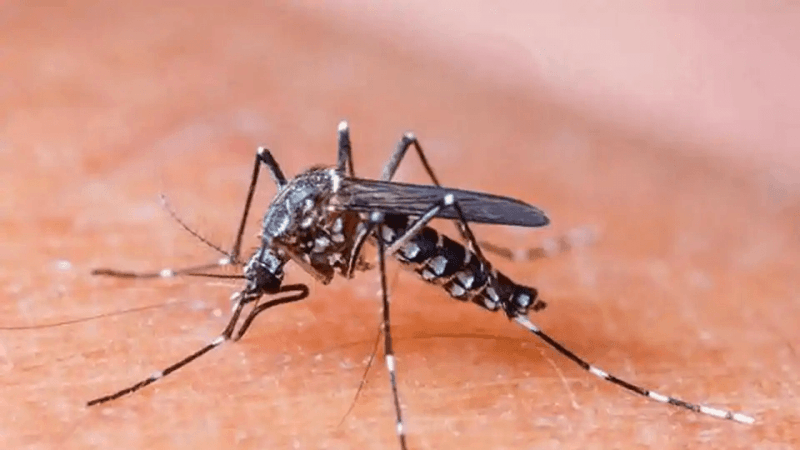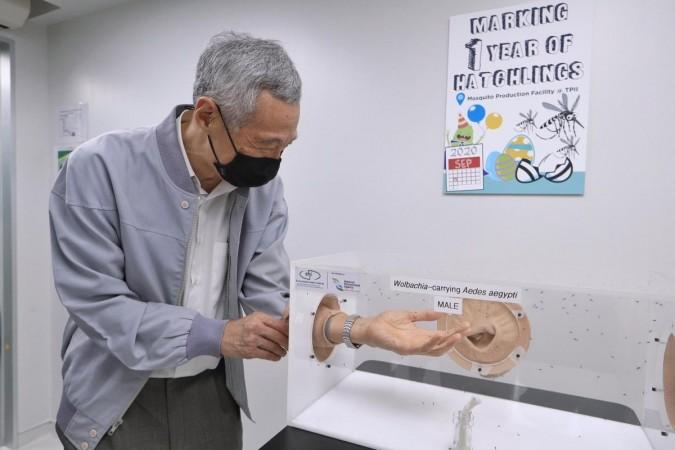
Singapore Prime Minister Lee Hsien Loong's recent visit to the National Environment Agency (NEA) – Environmental Health Institute (EHI) Mosquito Production Facility shed light on a major breakthrough that Singapore researchers are achieving. Even as the world is battling the COVID-19 pandemic, the other health crisis in the world are not taking a backseat. Thankfully, a group of Singaporean researchers are tasked with fighting dengue, which remains a major health concern for the world.
According to a recent WHO report, an estimated 390 million dengue virus infections are reported per year. Another study on the prevalence of dengue estimates that 3.9 billion people are at risk of infection with dengue viruses. The number of dengue cases reported to WHO increased over 8 fold over the last two decades, from 505,430 cases in 2000, to over 2.4 million in 2010, and 4.2 million in 2019. This is of grave concern even as the world is faced with the deadly COVID-19 virus and researchers at the NEA might have a way to curb dengue transmission using mosquitoes. Yes, that's right.
Spy mosquitoes will save the world from dengue
Dubbed as Project Wolbachia, the researchers release Wolbachia bacteria-carrying male Aedes aegypti mosquitoes. The Aedes aegypti mosquito is responsible for spreading dengue. But the male Wolbachia mosquitoes when released into the world will mate with urban female Aedes aegypti that do not carry Wolbachia, their eggs don't hatch. As a result, the mosquito population declines, with it reduces the risk of dengue transmission.

"I learned about various technologies under development that will allow EHI to efficiently produce and release large numbers of Wolbachia-Aedes mosquitoes," PM Lee said following his visit to the NEA lab, where he watched the Project Wolbachia development up close.
PM Lee shared the behind-the-scenes look at the facility, where the Wolbachia-carrying mosquitoes are produced to fight dengue. The PM also got his hands in an enclosure full of Wolbachia-carrying mosquitoes. When the mosquitoes didn't take a bite, PM Lee jokingly said "Im not tasty enough!" But male mosquitoes do not bite, so that's there.
According to NEA, the Wolbachia-carrying mosquitoes have helped to reduce the Aedes aegypti mosquito populations at study sites by 90 percent. The project is still in its fifth phase of testing and will be deployed in Singapore by March 2022. And that's how, perhaps one day, dengue will be wiped off the face of this world.

















